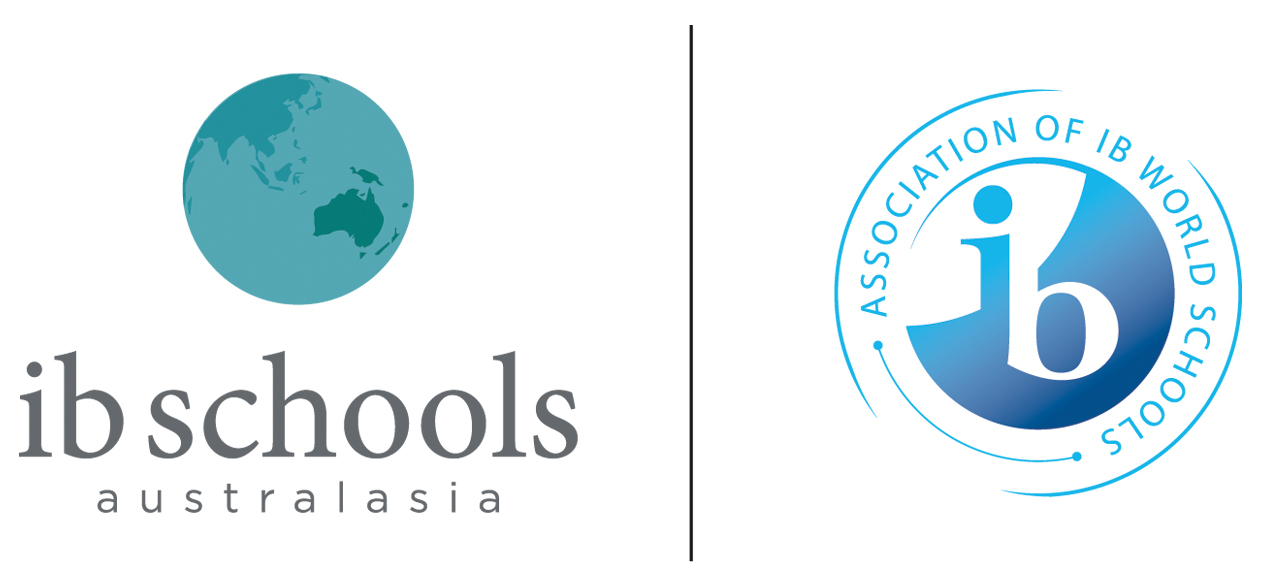MYP News: Service-Learning Highlights and Challenges in the IB MYP
May 14, 2024 Caulfield Grammar School recently hosted members of the MYP Victoria Network to showcase their innovative approach to teaching service- learning. Welcomed by Leanne Guillon, Deputy Principal – Head of Caulfield Campus who spoke about the T Shaped person which represents the intersection of the skills and expertise a person has in a single field and the person’s ability to collaborate across disciplines such as in service learning. June Evans Caulfield – Head of Teaching and Learning, Middle Years at Caulfield Campus and Baljit Marwa – Head of Teaching and Learning, Middle Years at Wheelers Hill, then showcased some of their community projects, highlighted their service as action programme and discussed how challenges can become successes.
Caulfield Grammar School recently hosted members of the MYP Victoria Network to showcase their innovative approach to teaching service- learning. Welcomed by Leanne Guillon, Deputy Principal – Head of Caulfield Campus who spoke about the T Shaped person which represents the intersection of the skills and expertise a person has in a single field and the person’s ability to collaborate across disciplines such as in service learning. June Evans Caulfield – Head of Teaching and Learning, Middle Years at Caulfield Campus and Baljit Marwa – Head of Teaching and Learning, Middle Years at Wheelers Hill, then showcased some of their community projects, highlighted their service as action programme and discussed how challenges can become successes.
The focal point of the event was listening to a number of Caulfield students present an overview of their community projects and service initiatives. Topics included teaching international students about Australian sports, creating and delivering care packages for children in Berry Street and working with students in the Northern Territory. A common theme shared by students was how service learning improved their self-management and communication skills.
One group made it into the news for the originality and hands on approach to their project. Their project goal was to raise awareness of people experiencing hardship because of cancer. They supported year three students at another school to write cards to patients in a cancer ward, then they went to the hospital together to meet patients and deliver the cards.
Another student made a book box for her community to help children to learn to read. She emailed her local council to ask for their support, collected materials to make the box and filled it with books. At first her council didn’t respond to her, but she persevered and is still working on ensuring her book box hits the streets.
Caulfield’s approach to service learning includes a service as action continuum. The focus for Year 7 students is to become internationally minded, Year 8 to develop local and global thinking skills and Year 9 working in houses or groups through a variety of service initiatives. All year levels work towards their service outcomes, select and work on various types of service ranging from advocacy, research, indirect and direct service and make connection to the curriculum through the lens of the UN Sustainable Development Goals. One student group spoke about their house buddy programme which aims to build community and togetherness in the houses. Their goal is to include peer support and connections outside the classroom. This initiative evolved through their student voice and experience and reflected their resilience at overcoming this obstacle.
The final student presentation described how their goal was to interview veterans in their local community in order to gather and share their experiences with the wider community. Again, students highlighted their struggles with the council’s lack of response and some of the medical conditions the veterans experienced. One group member was a history buff and was delighted that he could learn from people who actually served. Students mentioned again that connecting with the community after the project was finished was important to their personal development.
Baljit and June then opened the floor for discussion, including the need for a sustainable structure for service learning and the importance of using the parent community to support service, engaging with local community and global communities. The event left attendees feeling enthused and with a number of ideas that they could implement into their own service-learning frameworks.
